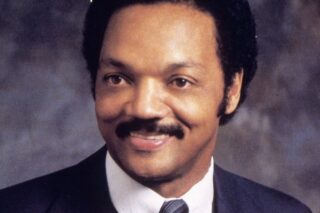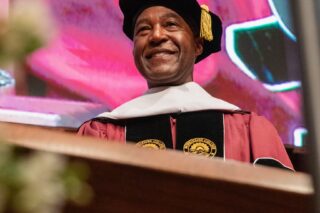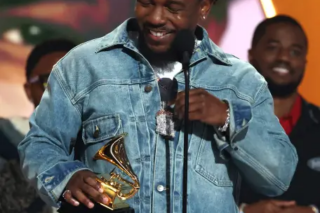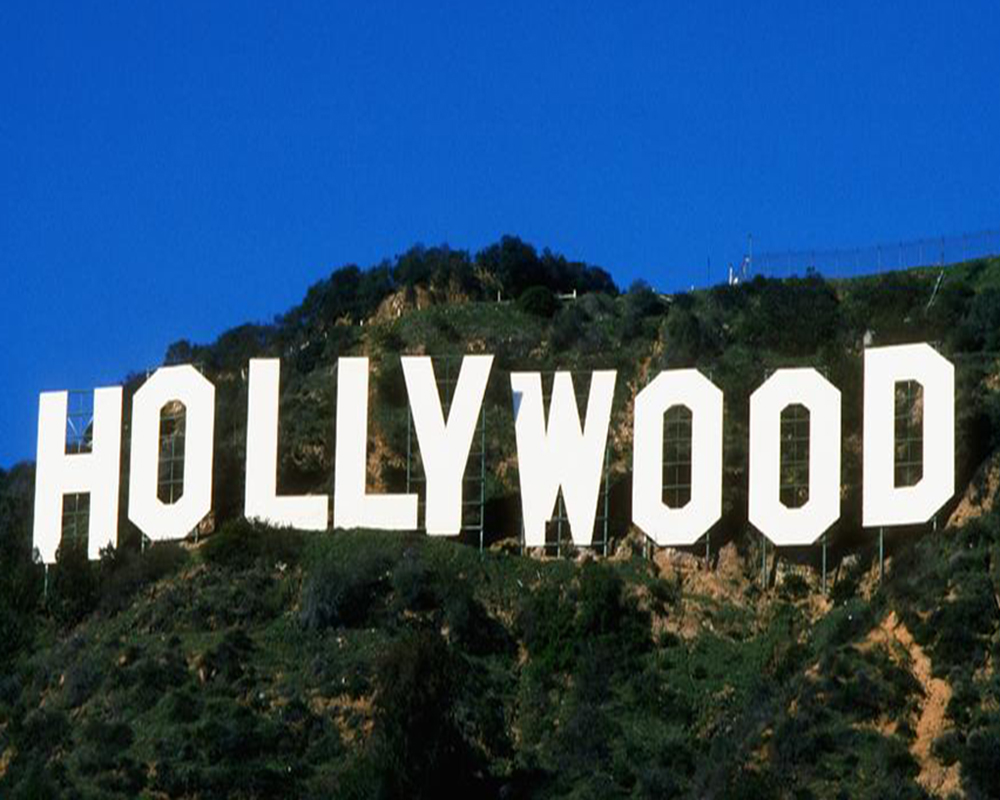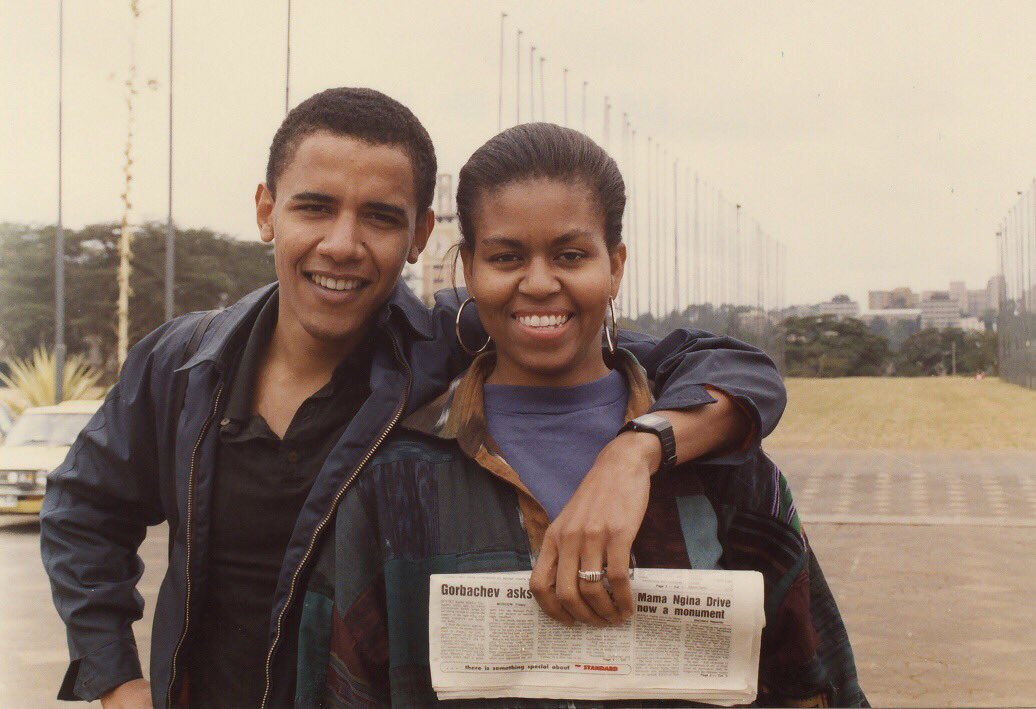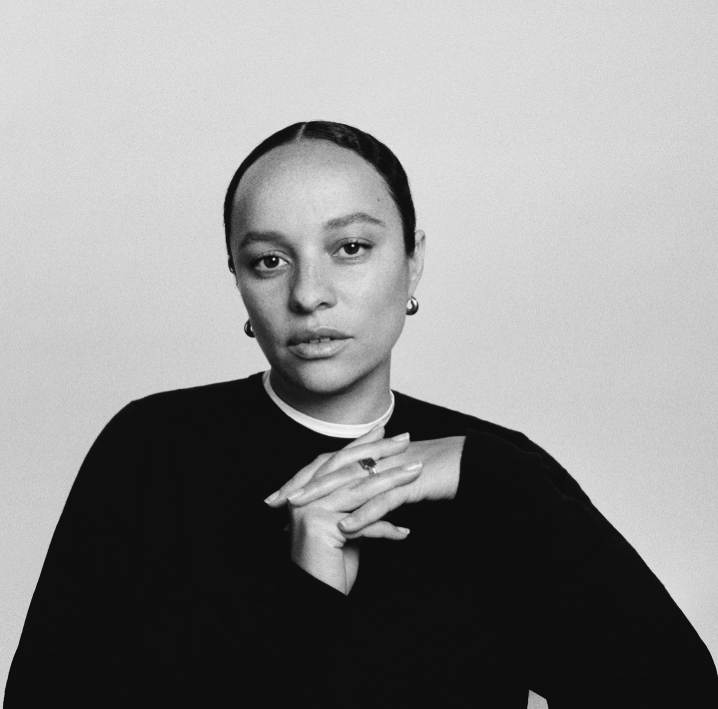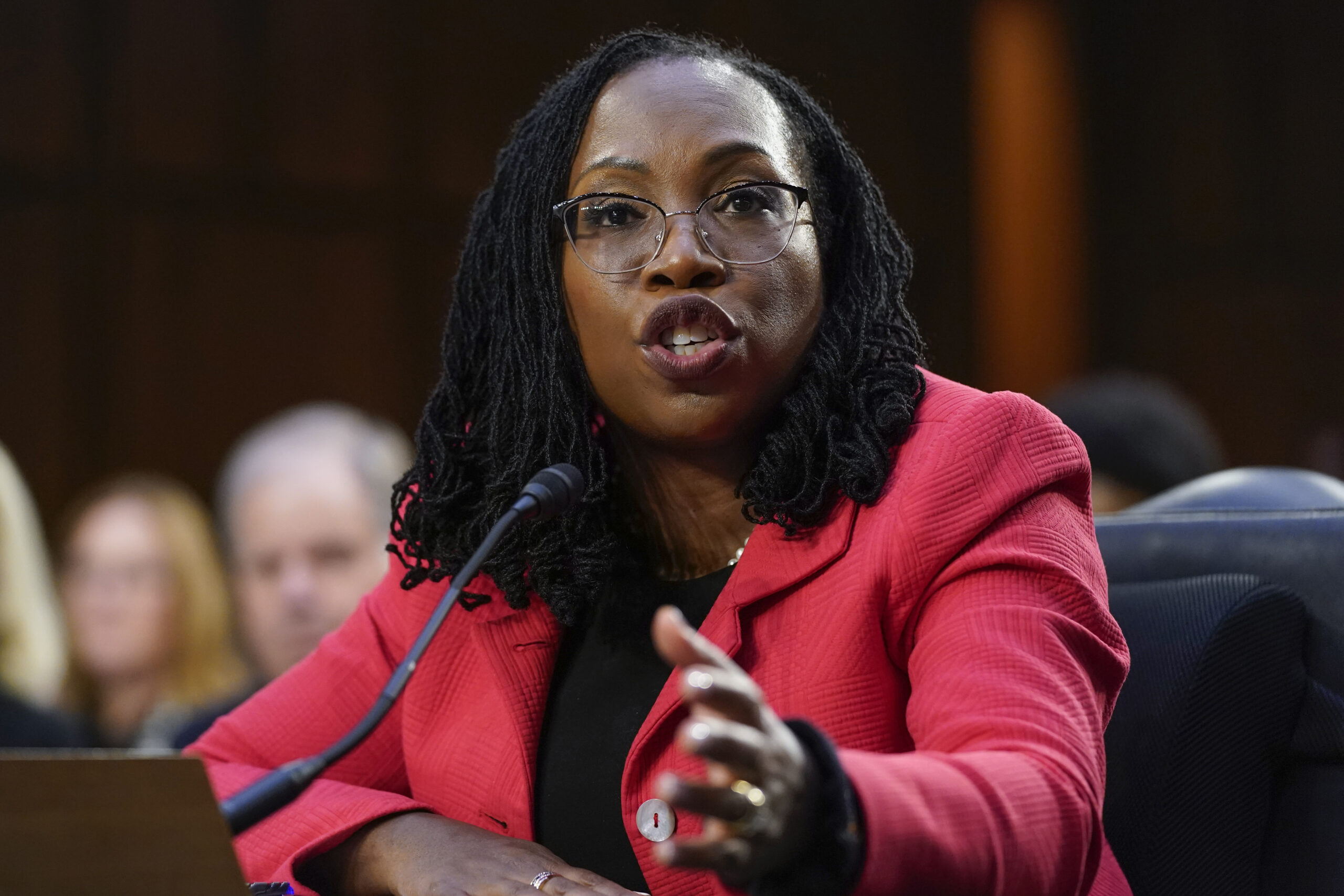By Amietee Fuondjing, Staff Writer
Hollywood is a symbol of success in America, where many dreams and come-up stories manifest. So for a Black person to escape their crabs-in-a-bucket environment and reach such stardom is always a win for the community one would think.
With all its seemed perfectness, it is easy to think Hollywood is void of all regular society’s destructive attributes. Yet, wherever a large and profitable industry exists so does a power dynamic, and if you know anything about the history of America, Black people are usually getting the short end of that stick. Some of our favorite Black personalities are still jumping through hoops to stay afloat in the industry.
Not much has changed in Hollywood over time, there are still significant disparities in the types of roles, salaries, and recognition between Black people and white people. Taraji P. Henson is on the record of saying how she received less than two percent of co-star Brad Pitt’s million dollar salary for playing the adoptive mother in the movie “The Curious Case Benjamin Button.”
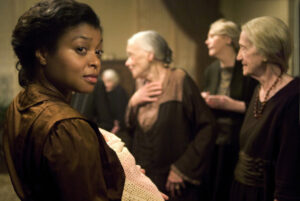
On top of that, Henson had to pay for her own location fees while the two other white actors above her on the call sheet were taken care of. Mo’Nique, another household name, has been blackballed by Hollywood as of late after publicly calling out the industry for valuing female comedic acts less than their male counterparts. To Hollywood, Mo’Nique is just another “angry Black woman.”
It is clear Hollywood has an agenda and that is to produce the most non-threatening content, make money, and then reward those who get with the program.
Ever wonder why things are always called “too Black” but never called “too white?” Yes, there are black directors like Tyler Perry, Lee Daniels, and Jordan Peele who are very successful in their own regards, but a big reason why they are so successful and receive financial support from big production studios is that their content does not threaten Hollywood’s agenda.
Most of their content, like Perry’s Madea films or Daniels’ “Empire”, portray Black people in dysfunctional situations and do not promote any real Black agenda. Black directors, in general, do not have a lot of freedom in Hollywood, which results in a lot of the aforesaid watered down and “safe” material. A white director can have a string of box office fails and still find funding, but black directors do not have this same luxury of an infinite margin of error. We may have people of color at the top of their games but that does not mean they represent us, especially when it is white suits that choose them.
The same misrepresentation happens at award shows like the Oscars and Grammys. Black celebrities are persuaded to show up, being the media magnets that they are, only to be robbed of every deserved category.

For example, at the 2019 Grammys, Kacey Musgraves won Album of The Year for her project “Golden Hour,” beating out other notable projects like “Invasion of Privacy” by Cardi B, “Dirty Computer” by Janelle Monáe, and “Scorpion” by Drake. Considering all the aforementioned artists’ popularity and reputation, it is hard to think Kacey Musgraves, someone virtually unknown to the culture, took home the trophy. But in the end, the white programs still get their ratings on the backs of empty-handed black celebrities.
Another one of Hollywood’s more covert agendas is its attempt to emasculate black men. Black men are repeatedly put into uncomfortable situations by white directors and producers alike. Dave Chappelle has spoken candidly about how he was once asked to put on a dress for a movie and refused.
Hollywood is well known to do this at some point in every successful black comic’s career: Martin Lawrence in “Big Momma’s House,” the Wayans Brothers in “White Chicks,” and Tyler Perry in “Madea.”
Black men are emasculated off-screen as well. Last year, Terry Crews shared his story about how talent agent Adam Venit sexually assaulted him by grabbing his genitals twice at an industry function. Black men in Hollywood often find themselves in a catch-22, if they play along they lose their dignity and if they rebel they are ostracized.
Even in film, Black men are sexually stigmatized and are not allowed to be real lovers on camera. James Bond is celebrated for sleeping with a plethora of women and is considered a renaissance man but dare a black man to step into the same role. This is why Idris Elba starring as the next “007” was nothing more than a fantasy.
Hollywood has made it clear that Black people, regardless of how much we contribute, are still guests. For the narrative to change black people need to aim for higher positions in the industry rather than focusing on being in front of the camera all the time. But if we can find a way to pool our resources and work together harmoniously we may not even need Hollywood.
Maybe an all Black Hollywood is the way to go.




